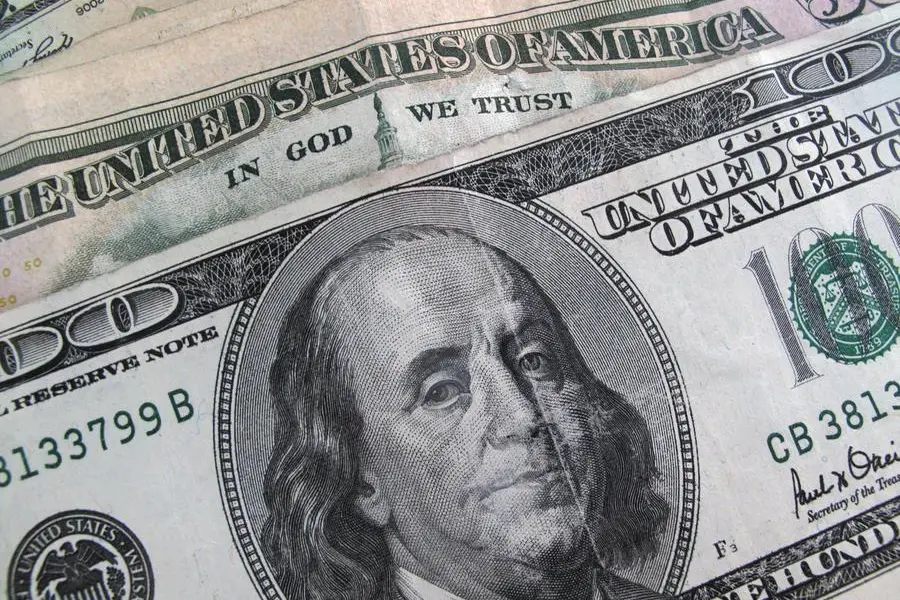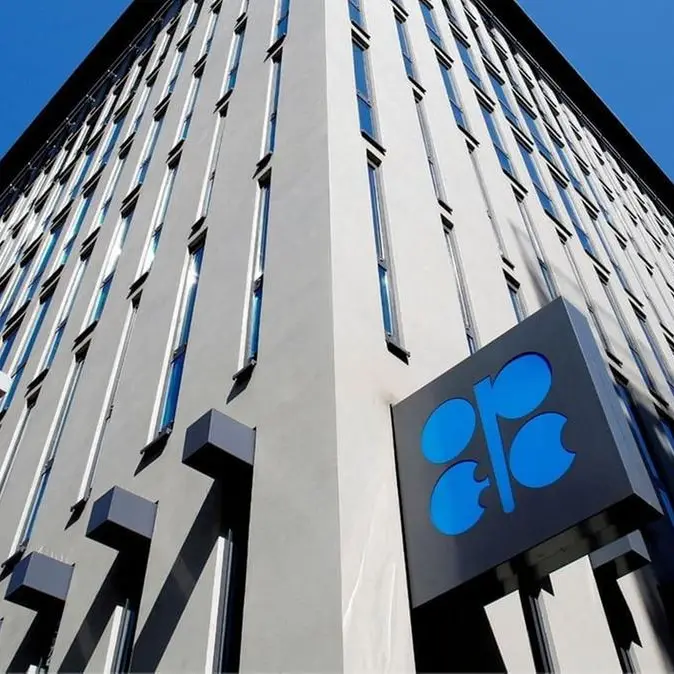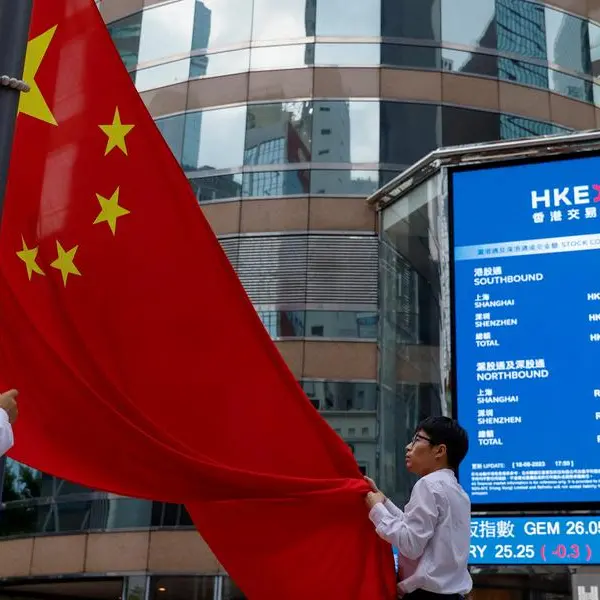PHOTO
LONDON - Hedge funds sold industrial stocks at the fastest pace since December, while buying energy stocks for the fourth straight week last week, a Goldman Sachs note seen by Reuters on Monday showed.
Hedge funds last week sold industrial stocks at some of the highest levels seen in five years, the note released on Friday said.
Bets were aimed against companies offering professional services, ground transportation, machinery, and passenger airlines despite a "modest" amount of buying in air freight and defense stocks. A short position or bet against a company stock, expects the value of an asset to fall.
The shift from industrial stocks into energies reveals hedge funds' early punts on which economic sectors might flourish on an expected U.S. rate cut.
"Global growth will be better than expected if the Fed manages to engineer a soft landing and that's probably why these traders are making the switch," said Paul O'Neill chief investment officer at wealth management firm, Bentley Reid.
Fed Chair Jerome Powell speaks in Jackson Hole on Friday and his comments will likely be scrutinized for clues on the scale of rate cuts in the months ahead.
Meanwhile hedge funds continued to snap up oil and gas company shares.
Energy drew bids from hedge funds as the most net bought stock sector on Goldman's U.S. prime brokerage book, which also lends trading money and tracks hedge fund trading, the note said.
Hedge funds last week bought oil, gas and consumable fuels and energy equipment and supplies companies for the fourth straight week, the note added.
These speculators now hold the highest proportion of energy stocks they've had all year, said the bank note.
These bets also mirror what analysts have dubbed the "Trump trade."
Investors told Reuters in late July that hedge funds betting that former President Donald Trump will regain the White House in the November election had increased exposure to energy companies, which they believe could benefit from a looser regulatory environment.
But some stocks suffered, among them shares of European carmakers, which could be hard-hit by potential tariffs on foreign imports.
(Reporting by Nell Mackenzie; Editing by Dhara Ranasinghe and David Evans)





















